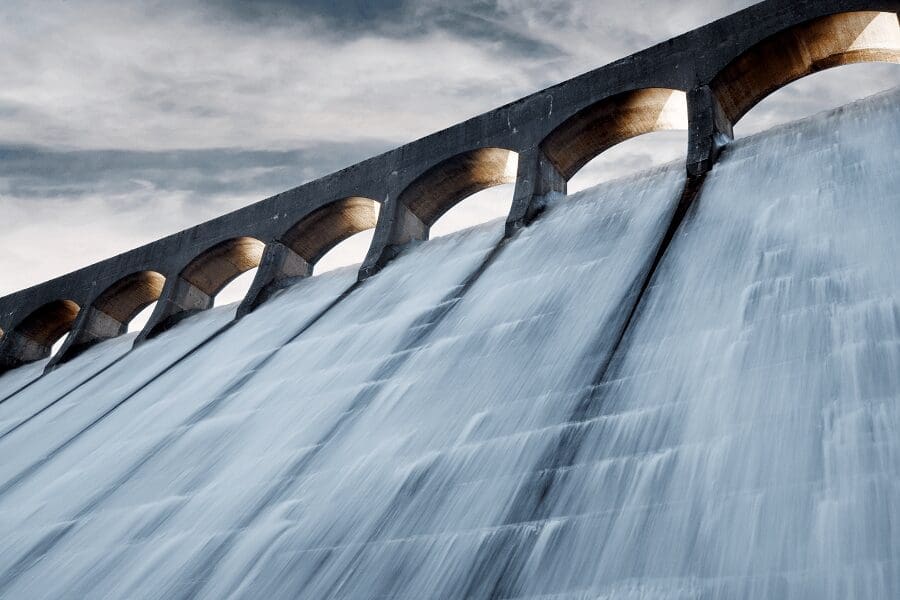Water companies in England and Wales are looking carefully at their supply chains and network infrastructure in the face of mounting external and regulatory pressures.
An increasingly digitised economy, climate change and an ageing population look set to disrupt established practices and business models.
Ofwat have also assessed water companies’ business plans for 2020-2025 as part of its 2019 Price Review. It aims to determine their ability to provide affordable bills, great customer service and innovation to customers, all while maintaining long-term resilience.
The utilities market is a source of constant change, and water is no different. The industry needs to be able to assure customers that it is resilient to short-term shocks as well as long-term challenges like climate change, resource scarcity and a growing population.
We hosted a roundtable discussion in late 2018 for water companies to share best practice and talk about the challenges and opportunities the industry might face.
So, what does the future hold for water companies in England and Wales, and how can they best meet the challenges and opportunities of a changing world? Here are the two most important factors influencing the water industry now and throughout the next decade.
Affinity Water improves supply chain management with Achilles UVDB
Upstream and downstream – the impact of procurement in the water industry
A key source of innovation for water companies could come from new markets like direct procurement for customers for large infrastructure projects, as well as a range of other markets related to eco-services and bio-resource offerings.
Increasingly, water companies are looking to incorporate ethical and environmental criteria into their procurement strategies. Aside from helping to promote social responsibility, being able to have a clearer view of a supply chain’s raw materials and original suppliers helps water companies to better spot potential social, economic and environmental risks.
Sustainability has emerged as a clear differentiator among suppliers in our community. 71% of suppliers do not measure their carbon emissions at all, while 17% measure them but do not make the findings public. For companies that are committed to sustainability, the 12% that measure and publish their emissions data are likely to be the first looked at.
The need for innovation
In a supply chain as critical to everyday life as the water industry, innovation is the only way to deliver long-term resilience as well as great customer service and affordability. It is not just a case of water companies themselves looking to innovate, they should be encouraging innovation in stakeholders throughout their supply chains.
Doing this requires effective supply chain management. Our research shows that 18% of UK utilities suppliers have no supply chain management system in place at all. Perhaps more worryingly though, only 26% of suppliers claim to have a good understanding of their full supply chain.
Healthy supply chains not only lead to happy customers and profitable companies, but they also open the door for innovative solutions and better products. Our Achilles UVDB community links suppliers and buyers together, making it easier for buyers to choose companies that align with their goals. SMEs and local suppliers are often a source of new thinking and opportunity, but they can also need help in scaling their operations. Buyers on the lookout can offer them low-risk opportunities test out their ideas. With over 7,000 qualified suppliers and 70 buyers across 42 countries, the community is great for younger and smaller suppliers, as well as those with an established presence.


